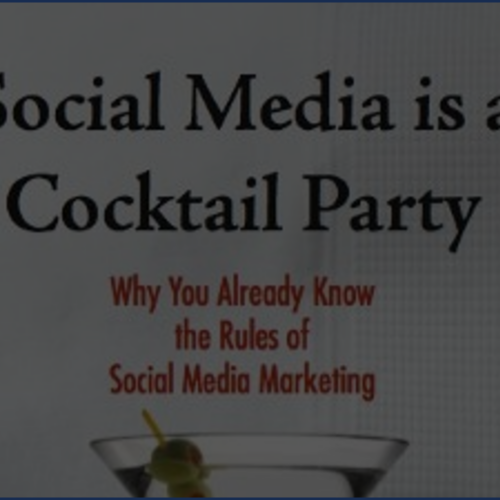17 Feb All Your Face Are Belong To Us – Facebook’s Terms of Service
UPDATE: Under pressure from users, Facebook reverted to the old terms of service today (2/18/09), promising to reconsider the issue.
Unless you managed to somehow be asleep at the wheel of life yesterday, you probably caught the massive uproar over the change in Facebook’s Terms of Service agreement all over the Interwebs. No one seems to fully understand what exactly the agreement means, which is more than a little wack when you have around 175 million registered users who are affected by the change. 
In a nutshell, there were a few strategic nips and tucks made so that the TOS now resembles something more akin to a pre-nup: even if you divorce Facebook, you’re still going to pay alimony in the form of content archive that gets left behind. For a clearer breakdown of much of the legalese, in addition to how it compares to the TOS for other social networking sites like Myspace, Twitter, and Flickr, read this post by Amanda L. French.
Mark Zuckerberg, Facebook’s fearless leader, posted a blog yesterday addressing the upheaval, basically saying that what they meant was if you delete your account, your wall postings, messages, etc. will remain on the site unless the recipient also deletes them. Much the same way, he pointed out, as email works.
He went on to point out that this is a non-issue if your profile is private. While that’s good news for those drunken New Year’s Eve photos you made private from your co-workers, it doesn’t help if you or your clients are brands using Facebook for exposure and don’t want limitations on who can see your content.
The real problem is that the policy about creative content, i.e. blog posts, feeds, or photographs, are too vague to reassure artists that their creative work is safe. It’s a little murky, according to Cnet news, because Facebook doesn’t have the same sort of copyright preferences in place that a site like Flickr does.
This should make you especially wary if you or any of your clients are in creative industries: photographers, illustrators, or website, design and communications firms. To give your clients peace of mind, live by the old adage “When in doubt, don’t.” If you aren’t sure how protected their work is going to be if you put it on Facebook, then don’t, because nothing is worse for morale or business than having your work jacked without any recourse. Believe me. The easy way around that is to use sites like Facebook to drive traffic to a website or somewhere that the content will be secure.
Another option that everyone should look into are Creative Commons licenses. These apply to the type of work that are typically protected by copyright: websites, blogs, photos, scripts, films, and other visual images. They do not protect ideas or factual information, so make a note. Creative Commons has a license selector tool that makes it easy to figure out which license is appropriate for your work and how you’d like it used.
The point is that this stuff is being worked out in real time, and we don’t have a blueprint for what that means next year or ten years from now. And although that shouldn’t make you too paranoid to share your work with the Internet masses, it should make you more cautious and vigilant when it comes to where and how you are promoting your clients’ work.






